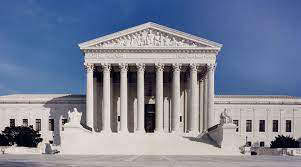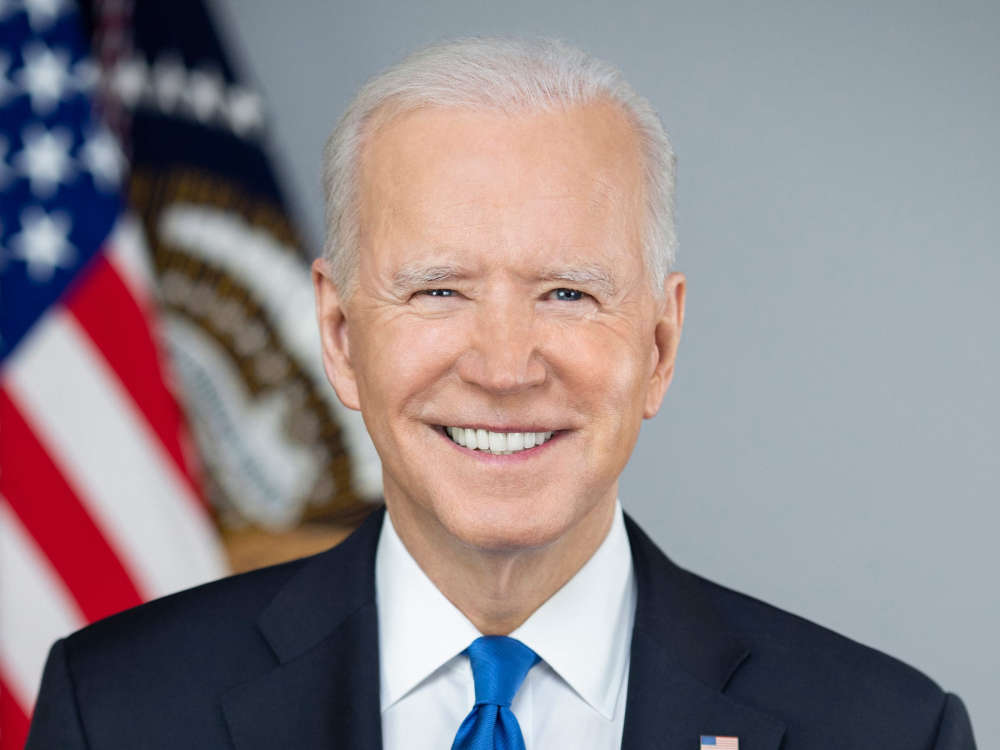
The Supreme Court on Thursday blocked President Biden’s eviction moratorium, allowing property owners to begin the process of evicting Americans who are behind on rent and say it's because of the COVID-19 pandemic.
The Supreme Court ruled that the Centers for Disease Control and Prevention did not have authority to impose a freeze and prevent property owners to begin the process of evicting Americans who say they are behind on rent because of the pandemic.
"It would be one thing if Congress had specifically authorized the action that the CDC has taken," the court's majority wrote in an unsigned opinion. "But that has not happened. Instead, the CDC has imposed a nationwide moratorium on evictions in reliance on a decades-old statute that authorizes it to implement measures like fumigation and pest extermination. It strains credulity to believe that this statute grants the CDC the sweeping authority that it asserts."
In addition to raising questions about the CDC's authority to impose the moratorium, real estate groups in Georgia and Alabama told the high court that the freeze caused significant financial hardship – requiring property owners to pay expenses while not receiving income from some of their renters.
The court's ruling dealt only with whether the moratorium would continue on a temporary basis while lower courts consider the underlying challenge, but it is nevertheless pivotal. The CDC's moratorium had been set to expire in early October and a legal fight over its merits would almost certainly take months, if not years.
The ruling won't likely lead to renters immediately being removed, but it will allow property owners to begin eviction proceedings in cases where they couldn't before.
Congress approved the original eviction moratorium in the early months of the pandemic. When it expired in July 2020, President Donald Trump ordered the CDC to impose its own freeze, which it did in September. Biden extended that order through last month, prompting a lengthy political and legal battle over its impact.
A 5-4 majority of the Supreme Court in June allowed the eviction freeze to remain in place for a month, but Associate Justice Brett Kavanaugh indicated that he would switch his vote if the administration attempted to extend the freeze beyond the end of July.
"The Centers for Disease Control and Prevention exceeded its existing statutory authority by issuing a nationwide eviction moratorium," Kavanaugh wrote at the time. "Clear and specific congressional authorization (via new legislation) would be necessary for the CDC to extend the moratorium past July 31."

 8/5/24 - Flights Impacted Because Of Hurricane Debby
8/5/24 - Flights Impacted Because Of Hurricane Debby
 8/2/24 - U.S. / Russia Prisoner Exchange
8/2/24 - U.S. / Russia Prisoner Exchange
 7/31/24 - Lawmakers Consider Child Safety Bill
7/31/24 - Lawmakers Consider Child Safety Bill
 7/22/24 - President Biden Drops Out Of Presidential Race
7/22/24 - President Biden Drops Out Of Presidential Race


